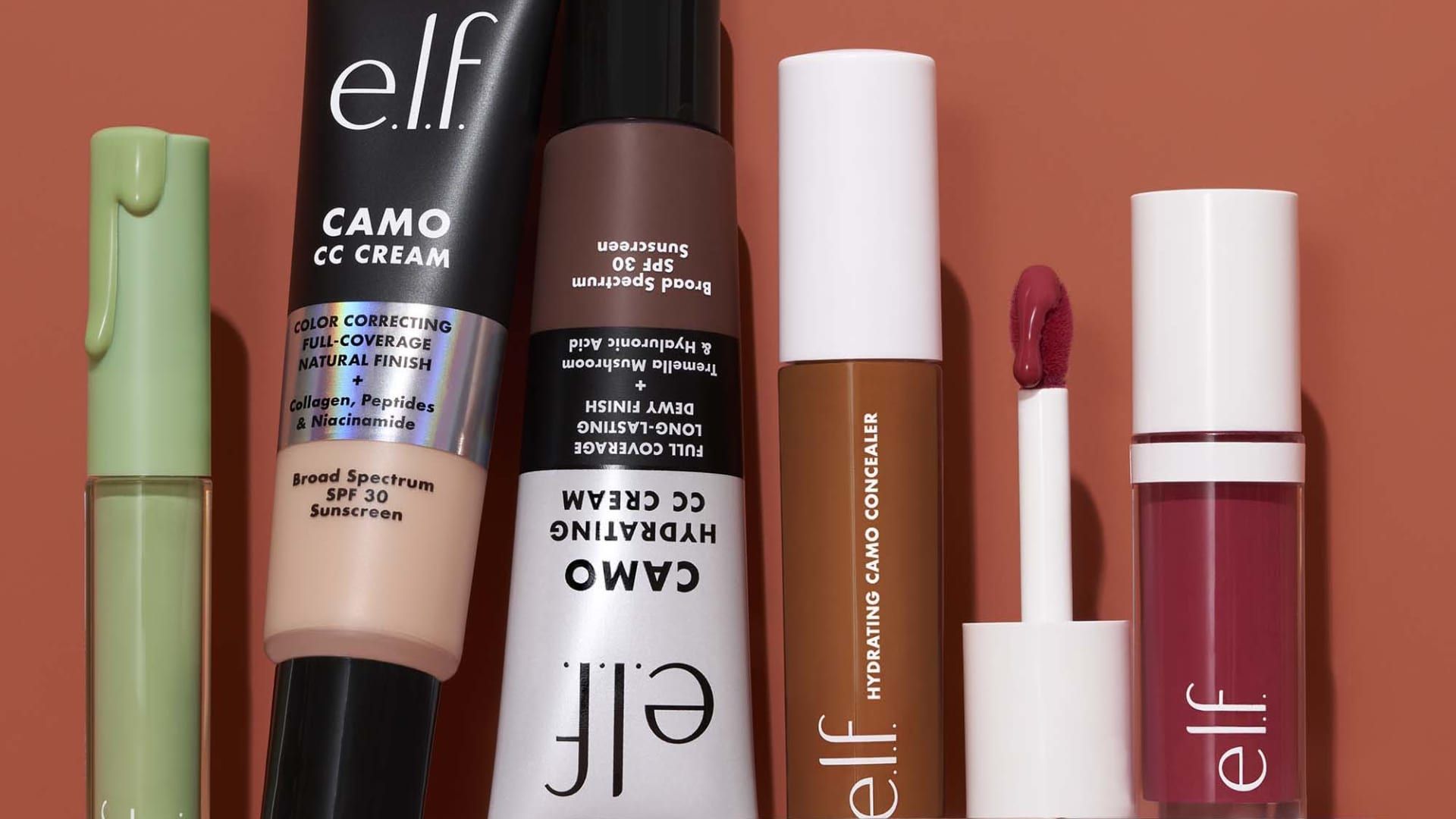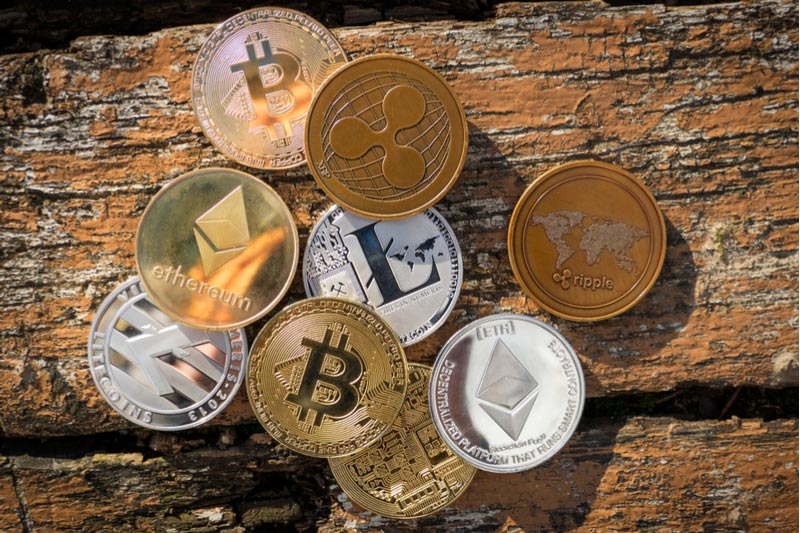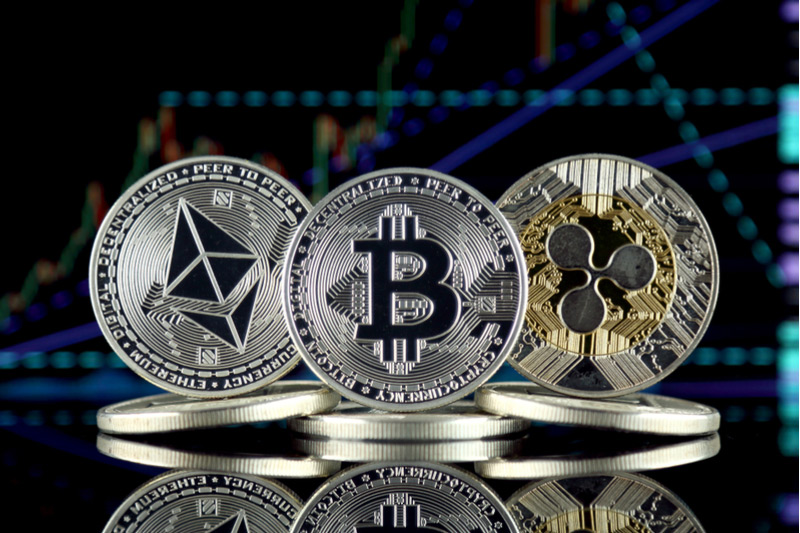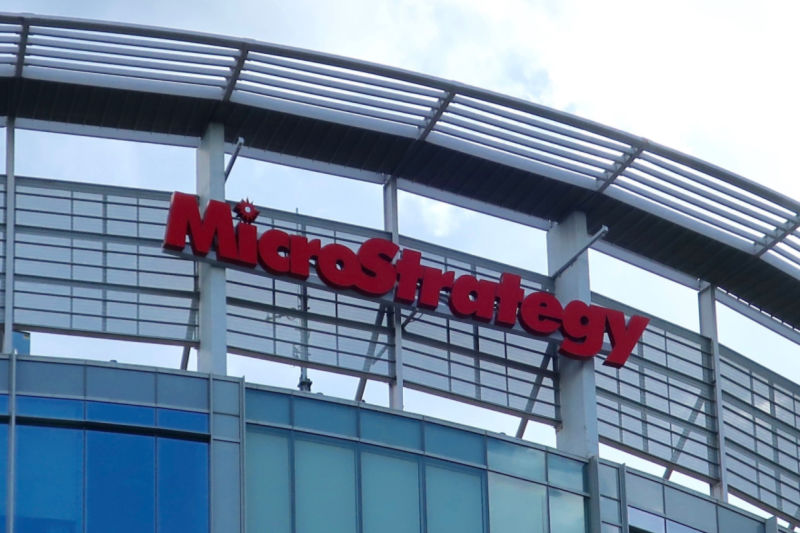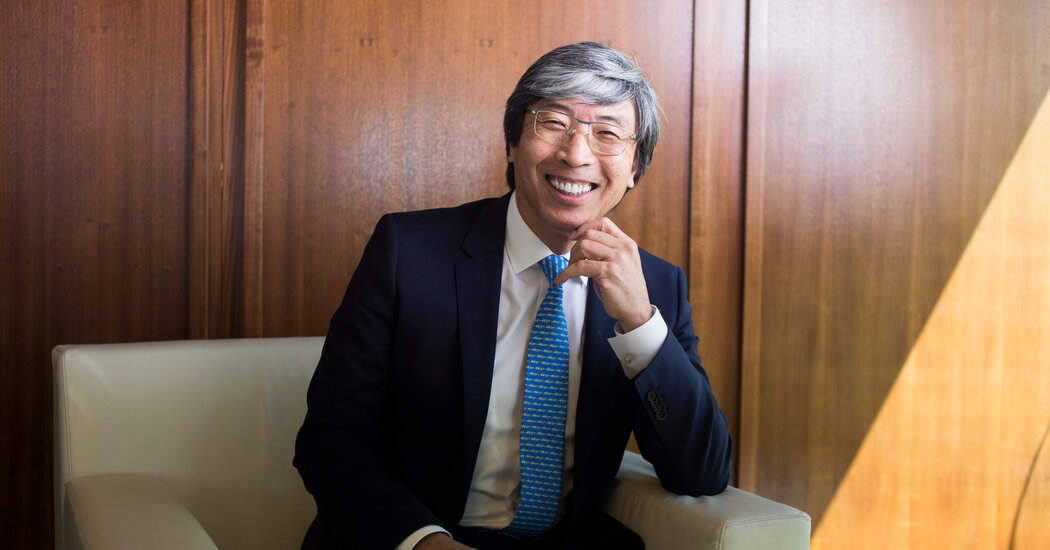Elf beautyThe growth story continues.
The cosmetics retailer beat quarterly estimates again on Thursday, posting a 50% jump in sales.
The company's sales soared to $324.5 million in its fiscal first quarter, prompting it to raise its full-year outlook. That increase follows a staggering 76% jump in the same quarter a year earlier.
CEO Tarang Amin told CNBC that the company saw growth across all of its categories. He added that its Bronzing Drops serum quickly became a best-seller on the company's website after its launch during the quarter.
Here's how the cosmetics company fared compared to what Wall Street expected, according to a survey of analysts conducted by LSEG:
- Earnings per share: Adjusted $1.10 vs. 84 cents expected
- Revenue: $324 million versus the expected $305 million
The company's reported net income for the three-month period ended June 30 was $47.6 million, or 81 cents per share, compared with $53 million, or 93 cents per share, a year earlier.
Sales rose to $324.5 million, up 50% from $216.3 million a year earlier.
After quarter after quarter of outsized growth, Wall Street has begun to expect a lot from Elf Beauty. Although it raised its forecasts on Thursday, the outlook remains low after it far exceeded expectations in the first quarter.
For fiscal 2025, Elf now expects sales of between $1.28 billion and $1.3 billion, up from its previous forecast of $1.23 billion and $1.25 billion. Analysts had expected sales of $1.3 billion, according to LSEG.
The company now expects adjusted net income to be between $198 million and $201 million, compared with a previous forecast of $187 million to $191 million. Elf expects adjusted earnings per share to be between $3.36 million and $3.41 million, compared with a previous forecast of $3.20 million to $3.25 million. Analysts had expected earnings of $3.42 million per share, according to LSEG.
Shares fell about 6% in extended trading.
When it reported fiscal 2024 results in May, Elf disappointed investors with guidance that fell short of expectations. Sentiment changed after its chief financial officer, Mandy Fields, suggested the company tends to issue conservative guidance.
“Last year, we started with a 22% to 24% forecast and ended the year at 77%,” Fields told analysts at the time. “I'm not saying we're confidently promising 77% this year, but what I will say is that it gives you a little bit of an idea of our forecasting philosophy.”
On Thursday, Amin told CNBC that Fields takes a “balanced” approach to its guidance and prefers to take things quarter by quarter.
“If you look at our history over the last five years, these 22 quarters, we typically expect lower prices than what we end up getting,” Amin said. “We never want to get ahead of ourselves and overall the strategy has worked very well… We're going to explain to them what we're seeing quarter by quarter and we expect to continue to outperform.”
He added that he is not worried about a decline in consumption in the beauty category and remains “optimistic” about the overall environment.
“On the macro front, we’re hearing something like, ‘Is the consumer more selective?’ I would say that if so, they’re choosing Elf,” Amin said. “So maybe we’re in a different position, and if you look at the last 22 quarters, no matter what happened in the category, whether it was the pandemic, inflationary pressures — whatever, we’ve performed well throughout all of that, and I think it really comes down to our fundamental business model and what differentiates us.”
Elf, a digitally native beauty retailer founded in 2004, has gained new relevance among Gen Z and Gen Alpha consumers through marketing that reaches those younger shoppers and meets them where they are in places like TikTok and Roblox.
She's known for creating budget-friendly versions of her prestige favorites, like her new Bronzing Drops, which customers compare to Drunk Elephant's Sunshine Drops. The prestige skincare line offers its product for $38, while Elf's sells for just $12.
“These tanning drops were the number one product in our community, and our community comes to us and says, 'Hey, there's a prestige product. We love them, but Elf, help us out. We can't afford to pay $38 for tanning drops,'” Amin said. “So we're going to look into it. We're going to put our own Elf spin on it and come out with ours for $12. It went to number one right away on Elfcosmetics.com.”
The company doesn't compare its products to any specific brand and instead lets its followers fill in the blanks.
“Even though we don't do the comparison ourselves, there are like a thousand TikTok videos after we launched this product where people compare it,” Amin said. “They say it's $12 compared to the $38 item, and I actually like the Elf one better, the quality is better.”
In July, the company expanded its partnership with Roblox that allowed users ages 13 and older to purchase limited-edition merchandise like its “elf UP! Pets” hoodie and staples like its lip and SPF products.
During the Olympics, she ran eye-catching marketing campaigns with three-time gold medalist gymnast Gabby Douglas and blind swimmer Anastasia “Tas” Pagonis. She also featured collaborations with Alicia Keys and Jameela Jamil.
All that marketing isn't cheap, though, and it's taken a toll on Elf's bottom line. During the quarter, sales, general and administrative expenses rose by about $88.6 million to $180.6 million, accounting for 56% of net sales. The increase in marketing spending contributed to a 10% drop in Elf's net income.
Amin said the company is spending more on marketing this year than last year, but that's more a matter of timing. He added that Elf is working to make marketing spending “more consistent” throughout the year as a percentage of sales.
“We continue to invest more in marketing because it's working,” Amin said. “Our marketing ROI is outpacing category benchmarks by several times, we're growing revenue very strongly and we're building awareness.”

